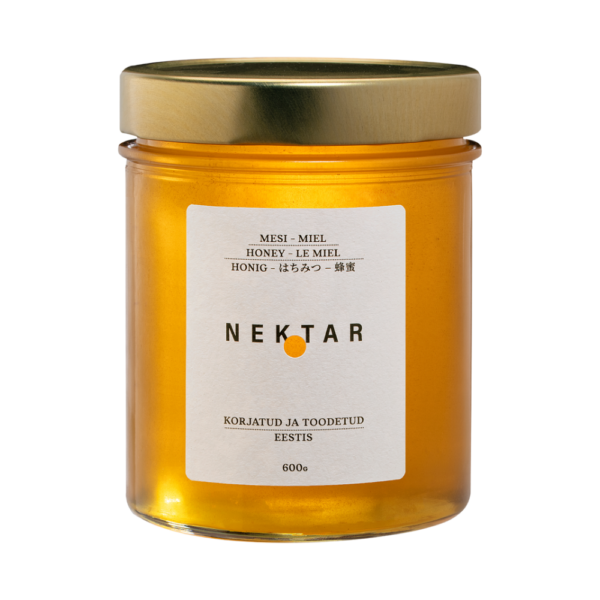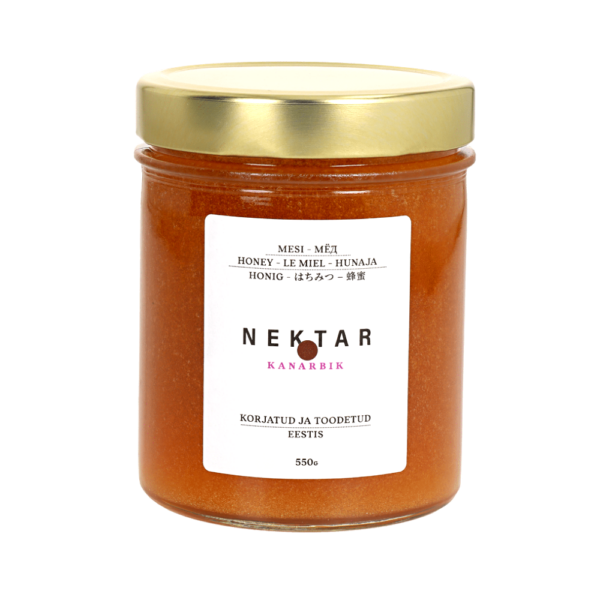
Mart Kullamaa
Mesinduskogemus:
24 aastat
Mesilasperede arv:
800
Mesilaste Korjemaa:
Lääne-Virumaa, Väike-Maarja
Piirkonna meetaimed:
metsvaarikas (Rubus idaeus), põdrakanep (Epilobium angustifolium), valge ristik (Trifolium repens), harilik naat (Aegopodium podagraria), raps (Brassica napus), paju (Salix spp)
Liikmesus:
Eesti Kutseliste Mesinike Ühingu liige, Euroopa Kutseliste Mesinike Ühingu liige, Eesti Mesilaste Aretusühing
“Esimese mesilaspere sain endale juhuse tahtel juba 12-aastasena. Nõelamist ei kartnud ja nii olengi mesilastega õppinud ja elutsenud. Tänaseks päevaks asuvad mesilaspered peamiselt Väike-Maarjas, kus on väga viljakas taimestik ja head korjealad. Mesilaste eest hoolitsen vastutustundlikult, et anda oma panus nende jätkusuutlikuks tegevuseks ning ökosüsteemi mitmekesisuse tagamiseks.”



